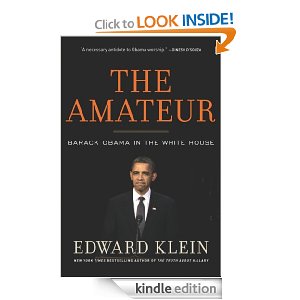 |
| "Murder in the Hamptons" |
With my never-ending film to
book obsession in addition to fascination of true crimes, I decided to check
out the book behind the Lifetime film favorite of mine “Murder in the Hamptons”
(Almost Paradise: The East Hampton Murder of Ted Ammon by Kieran
Crowley) As usual, the book defines the story on a much deeper, disturbing level.
Pretty California girl
Generosa Rand moves to New York City in the 1980s and meets a most eligible
bachelor and dreamboat millionaire Ted Ammon.
Their mutual attraction leads to marriage, adoption of lovely children,
fantastic homes, and the “perfect life” to people that apparently have
everything. Generosa was denied nothing,
from her own art studio to her masterpiece home in the Hamptons in which she
designed down to the last blade of grass in the landscaping. Her exquisite taste made her complimentary;
her flaring temper made her dreadful to those that worked with her.
As the years wore on, the
natural consequences opened to a difficult marriage, stressed out children, and
a horrific divorce. The philandering
husband was spared nothing from his vengeful, spiteful wife, who accused him of
cheating on taxes, wearing her underwear, and incestuous behavior, with
everything in between. After a couple of
hellish years, she found a boy toy friend in handyman Danny Pelosi while living
the “tough life” in an upscale hotel on almost $100,000 dollars a month. Four days before the divorce was to be
signed, Ted Ammon was found bludgeoned viciously to death in the house in the
Hamptons, a property she was determined to never give up. During the investigation, she is diagnosed
with advanced breast cancer, which she ignored for two years, and dies before
the case is closed. Pelosi was found
guilty and sent to prison.
As I think about this story,
I’m reminded of the wealthy socialite Barbara Baekeland, as chronicled in
“Savage Grace.” People find strength,
power, and freedom by means of money, leading to devastating results. While these two women have similar traits,
the absolute hostility in Generosa was beyond anything the Lifetime film could
reach, though I liked the lead actress.
The question remains, “Was the money really worth it? Will hundreds of millions of dollars buy
happiness?”
Some of the most important
things in life simply cannot be bought. When
I reflect upon these true tragic stories, I try to remember the potential
poison the pot of gold can bring.















